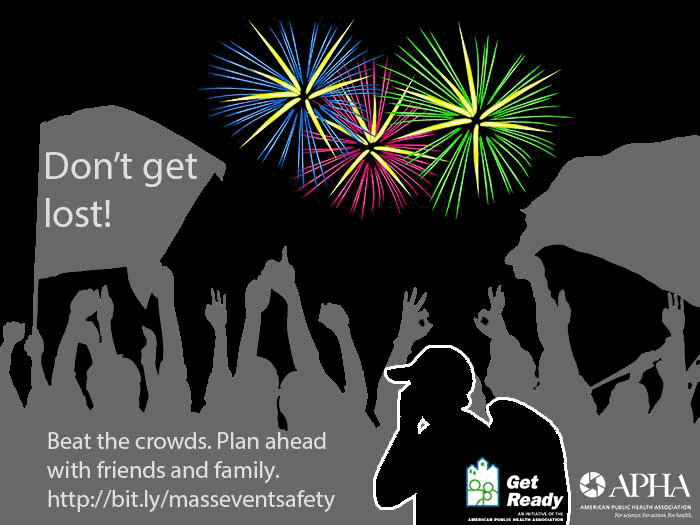Climate change is making summer more dangerous, according to
the National Resources Defense Council. Unfortunately, increases in heat, bad
air, mosquitoes and pollen can suck the fun out of summer.
In our latest podcast, APHA’s Get Ready campaign speaks with Kim Knowlton, senior scientist at the
National Resources Defense Council and co-deputy director of the NRDC Science
Center, about how you can get ready for the effects of climate change during
the summer.
“Preparedness is key,” Knowlton says. “We need to prepare
for the effects of climate change.”
One of the most common myths about summer weather is the
confusion between a heat wave and a typical, hot summer day. Knowlton says a heat
wave means there are extremely hot temperatures that last more than two
consecutive days. It’s also important to note that heat waves vary from place
to place.
“There is no one heat wave definition or temperature that applies
everywhere,” Knowlton says. “People who live where it’s cooler are generally
more sensitive to extreme heat.”
The council has created a new fact sheet on some of the things
that are getting worse during the summer months because of climate change and
ways people can avoid them. Some of the tips are:
• Heat waves: Reduce, reschedule or eliminate intense
activities until the coolest part of the day. Don’t get too much sun. Sunburn
lowers your body’s ability to deal with heat.
• Bad air alert days: Asthma sufferers should follow their
asthma action plans and keep their quick-relief medicine handy.
• Ticks and mosquitoes: To avoid insect bites, tuck in
your shirt and wear long sleeves, long pants and socks when spending time
outside. After spending time outdoors, check for ticks and remove them with
tweezers.
Listen to our podcast with Knowlton now. For more seasonal preparedness tips, check
out the Get Ready Summer Safe page.




